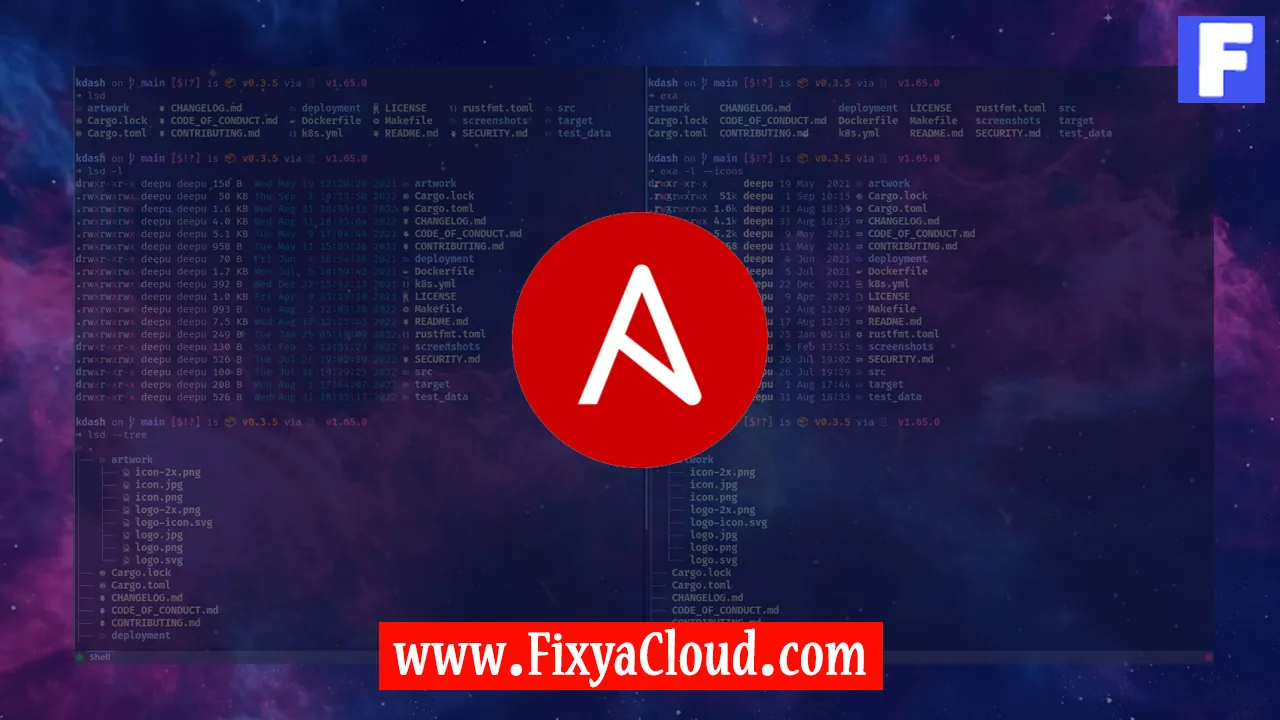Exploring the Versatility of Ansible Playbooks

In the dynamic landscape of IT automation, Ansible has emerged as a powerful and versatile tool, streamlining the configuration management process. Among its many features, Ansible Playbooks stand out as a cornerstone, providing a structured way to define and execute a series of tasks. In this article, we will delve into the versatility of Ansible Playbooks, exploring their capabilities and how they can be harnessed to orchestrate complex automation workflows.
Understanding Ansible Playbooks:
At its core, an Ansible Playbook is a YAML file containing a set of tasks that are executed on remote hosts. These tasks can range from simple operations like file manipulation to complex activities such as deploying applications or configuring entire server infrastructures. The readability of YAML makes Ansible Playbooks easily understandable, even for those new to automation.
Basic Commands to Get Started:
Before we dive into the advanced features, let's cover some basic commands to get you started with Ansible Playbooks.
Installation:
sudo apt-get install ansible # For Ubuntu/DebianCreating a Simple Playbook:
Create a file namedmy_playbook.ymlwith the following content:---
- name: My First Playbook
hosts: servers
tasks:
- name: Ensure Nginx is installed
apt:
name: nginx
state: present
Step-by-Step Instructions:
1. Defining Hosts and Variables:
Ansible Playbooks allow you to define the target hosts and set variables for greater flexibility.
---
- name: Playbook with Hosts and Variables
hosts: web_servers
vars:
http_port: 80
tasks:
- name: Ensure Apache is installed
apt:
name: apache2
state: present
- name: Ensure Apache is running
service:
name: apache2
state: started
2. Conditional Execution:
You can add conditions to tasks based on variables or previous task results.
---
- name: Conditional Execution
hosts: database_servers
tasks:
- name: Ensure MySQL is installed
apt:
name: mysql-server
state: present
when: ansible_distribution == 'Ubuntu'
More Examples:
1. Running Commands:
---
- name: Execute Commands
hosts: all
tasks:
- name: Run a Shell Command
command: echo "Hello, Ansible!"
2. Handling File Operations:
---
- name: File Operations
hosts: file_servers
tasks:
- name: Create a Directory
file:
path: /data
state: directory
- name: Copy File
copy:
src: /local/path/to/file.txt
dest: /remote/path/file.txt
Ansible Playbooks provide a robust and intuitive framework for automating tasks across diverse IT environments. From basic configurations to complex orchestrations, the versatility of Ansible Playbooks empowers sysadmins and DevOps professionals to efficiently manage and scale their infrastructures.
Related Searches and Questions asked:
That's it for this topic, Hope this article is useful. Thanks for Visiting us.
